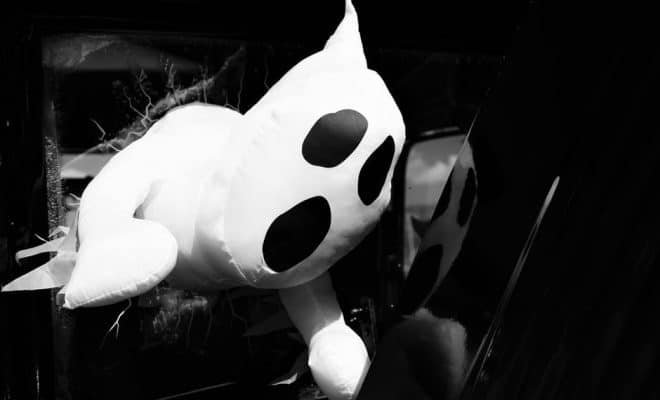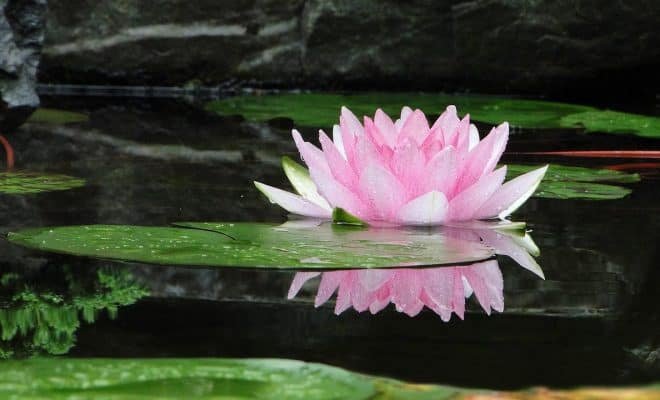Splintered

I am three and a half at the time of Mahatma Gandhi’s assassination in Delhi. Blurry images linger. Daddy and his friend, Mr. Diwan Chand, visit the cremation site. I tag along. It’s a few days later but the crowds are jostling each other. Daddy’s friend is carrying flowers and I watch him drape a thick garland of marigolds at the memorial marking the spot. The image stays with me because of my bothersome shoes. We need to walk bare-foot on hallowed ground. Pulling off snug-fitting, arch-correcting, ankle boots is a struggle without Mummy’s help.
In bits and pieces, Partition information seeps into my consciousness. An extensive picture book, details Gandhi’s life and the sequence of India’s liberation events. My brother Sudhir and I pour over it frequently. Gandhi sitting at his spinning wheel, Nehru (Indian Prime Minister Designate) and Edwina Mountbatten sharing a laugh—many pictures which fascinate us. From snippets of conversations, I gather information, the poor planning done hurriedly in a couple of months instead of the originally seven per plans. Amidst guffaws and smiles, I learn the Viceroy suspects his wife, Lady Mountbatten of having an affair with Nehru. He decides to get the heck out of India sooner rather than later.
Transmigration across the new border is epic. No one anticipates millions of Hindus and Sikhs migrating to India, and Muslims moving to Pakistan. By rail, bus, bullock-cart, and on foot, they set out. After generations of living in peaceful coexistence, and now uprooted from their centuries-old homes, hostile feelings of betrayal surge. Bitterness and blame prevail on both sides. Passions run high; these are dangerous times. Predators roam free, rape and slaughter rule. Trains full of people are waylaid, they massacre passengers, and send ghost trains speeding across the border. The powers-that-be splinter the land of the Five Rivers—the waters turn red. Fifteen million perish for a freedom gained on the principles of non-violence. Some discussions have taken place in anticipation of a mass movement, but no actionable plans are put in place. The vast influx of refugees pour in on each side. Outgoing and incoming governments and various organizations scramble under these overwhelming conditions.
Throughout my childhood, I hear Mummy describe the manner in which her parents, Bhaboji and Bauji, leave Lahore. They are the lucky ones. The Indian army comes knocking and promises them a safe escort to the border. Lahore and Amritsar, ancient twin cities, are separate now, a redrawn line runs between them. Daddy describes his bicycle ride along the 40 miles between the two towns and his return on the same day.
“Be ready to leave in two hours.”
Stunning words to a family engulfed by fear and shock. We sort through a lifetime, pack a few suitcases and trunks in a couple of hours? Bauiji refuses to leave. Bhaboji orders her sons to lock their screaming, cursing father. Each packs what they can. Grandmother sews all her jewelry into the folds of her petticoat. Army trucks roll down the street, picking families and their precious bags packed with survival necessities and memories. A desolate, dejected grandfather locks the doors. Together they abandon their beloved Lahore and leave without casting a look back.
Amritsar offers temporary housing with close, cramped quarters. Very thankful for a cover over their heads, as they recover from the shock of losing their home, lock, stock, and barrel. It affords a breather to take stock of the situation and discuss the next move.
After the rioting, looting, and killings subside, with a facade of law and safety achieved, efforts turn to establishing peace. India and Pakistan hold a “friendly” cricket match in the city of Lahore. Mummy’s eldest sister, our Phul Auntie, stubborn and ever-ready for action, insists she will attend it. Bhaboji throws a major fit and but her stubborn first-born is determined. She has to go, and she does, accompanied by a brave daring throng. It’s a weekend trip but no word from her when she does not return. My grandmother believes her darling daughter and best friend has been killed.
Two weeks later Auntie returns to a family who has been mourning her disappearance or demise. Nothing of the kind. She arrives, full of news and reports of good tidings and welcomes with open arms by her joyous friends. They insist she stay longer. She visits the old house and finds the door locked, just as her father has left it. It is secure and there are no signs of looting.
From Amritsar, they make their way to Ambala. Here relatives are ready to help. Contrary to the horror scenes still occurring sporadically, Bauji meets a Muslim family desperate to migrate to the new country. Without any means of contacting relatives, they have nowhere to go. My grandfather and the gentleman exchange a tearful embrace as the keys to the furnished house in Lahore change hands.
Mummy reminisces about the dwelling. New furniture, part of the latest daughter-in-law’s dowry, has been left behind. So are the oversized satin comforters for cold winter nights-each hand-quilted by our grandmother. Several khes (heavy cotton blankets), hand-spun and hand-loomed by Bhaboji – a lost ancient custom. A well-appointed kitchen, Johnson and Johnson dinnerware, our mother goes on and on. Her prized possessions are two tureens with lids and an oval serving platter, given to her before the split and a gold-edged porcelain tea set. She has not forgotten the smallest details.
My grandparents finally settle in Delhi. It takes a few years to pick up the pieces of their broken lives. Bauji receives compensation as a refugee who has lost property in the Partition. The Government of India recovers records showing his retirement as a Tahsildar (Tax Collector) and restores his pension. He buys a lot in the new Nizamuddin enclave, in the shadow of the second Moghul Emperor, Humayun’s Tomb. It is a beautiful location but outside the city limits where they build a three-story house. Our grandfather wills a floor for each of his three sons. The two older ones establish residence on the first and top floors with their families. Bhaboji and Bauji move to the middle floor. The youngest son works for an oil company and keeps moving around the country. Life gains some semblance of normality.
Like homing pigeons, we have family get-togethers at our grandparents abode. Their daughters and their kids visit, and cousins get to know each other. Laughter of visiting grandkids rings through the rooms. The first of many weddings take place in their home. Their bachelor son marries, with great pomp and ceremony. Happy days and new memories are returning to their lives. Mummy and her siblings remember life in Pakistan sipping tea with samosas—reminiscing over the good old days of what life was like. Those days are long gone, never to return.
Bhaboji, an only daughter, tells us a few stories of her male siblings and her parents. She marries at age sixteen-an arranged marriage. Her brothers go for higher education, each one an engineer. They marry and disperse all over the country. Their children scatter across continents, and are busy raising their families. We get some news of them periodically, especially when someone passes. Bauji shares little of his parents. Both are reticent to talk of the life they left behind. It is way painful for them to revisit those recollections.
Seventy years later, an amazing series of events take place. As a result, we learn that the migrating Muslim household and their descendants still reside at the old house in Lahore. The two families meet in an extraordinary manner. Coincidence? Serendipity?
Editor: Claudia Cramer









